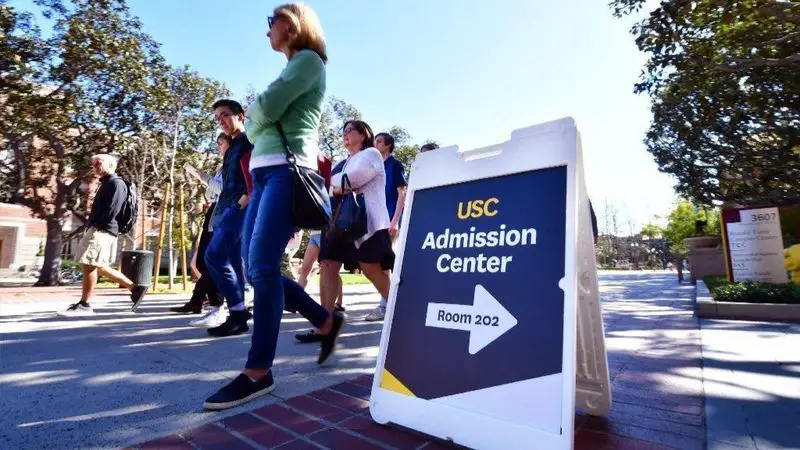For many of today’s college students with children of their own, college promise programs, sometimes referred to as “free college,” remain out of reach, a new report released by the Institute for Women’s Policy Research (IWPR) has revealed.
Most free college programs have eligibility requirements surrounding age, residency status, and performance standards, determining who may or may not enroll. Student parents who enroll in college later in life or who choose to go back to college to complete a previously unfinished degree are commonly restricted from many of these programs because of their age.
Some programs also require students to take a full-time course load, which results in making free college programs inaccessible to many student parents who often have other family-related responsibilities to contend with.
Even if such programs cover the cost of tuition and fees, many programs still remain unaffordable for student parents as the costs of housing, child care, food, transportation, and other basic needs remain uncovered.
According to the “College Students with Children” report, conducted by the Institute For Women’s Policy Research in 2017, there are currently more than 4.8 million student parents across the nation, predominantly residing in the southeast, southwest or Great Lakes regions of the country.
The study found that parents with children, especially single parents, often have lower rates of degree attainment compared to traditional students. Furthermore, only 27 percent of single parents are able to attain a degree within six years of enrollment.
The paper recommended various measures to modify the requirements of free college programs to allow increased participation among working students with children. It sought to remove requirements that limit participation to recent high school graduates, first-time college students, or students enrolled full-time.
The report also supported the idea of ensuring access for underrepresented students with the highest financial need, and helping students to cover non-tuition costs like transportation and childcare services.
University of Illinois Receives Grant to Help Students With Children



